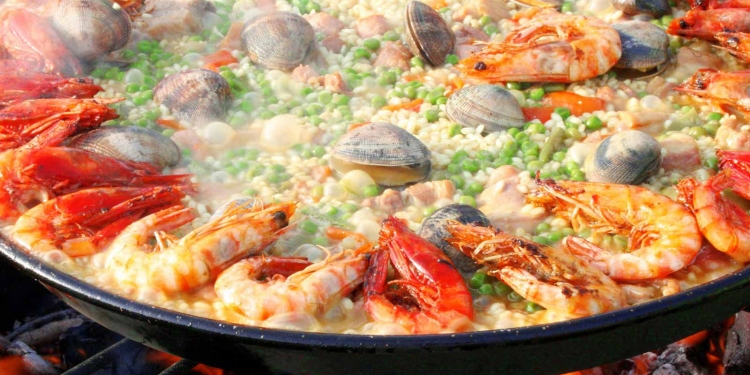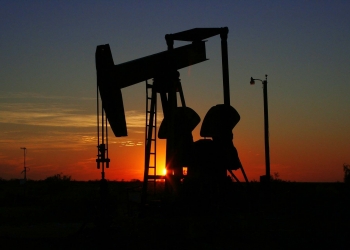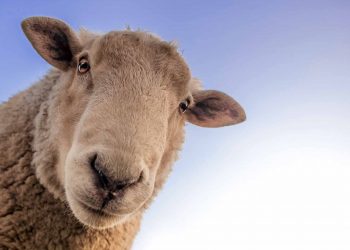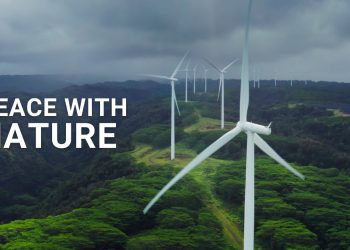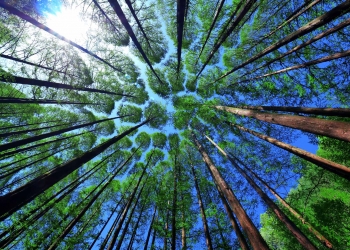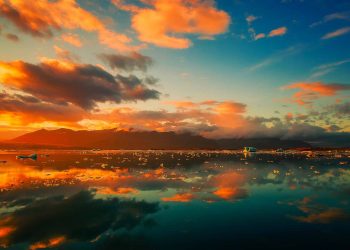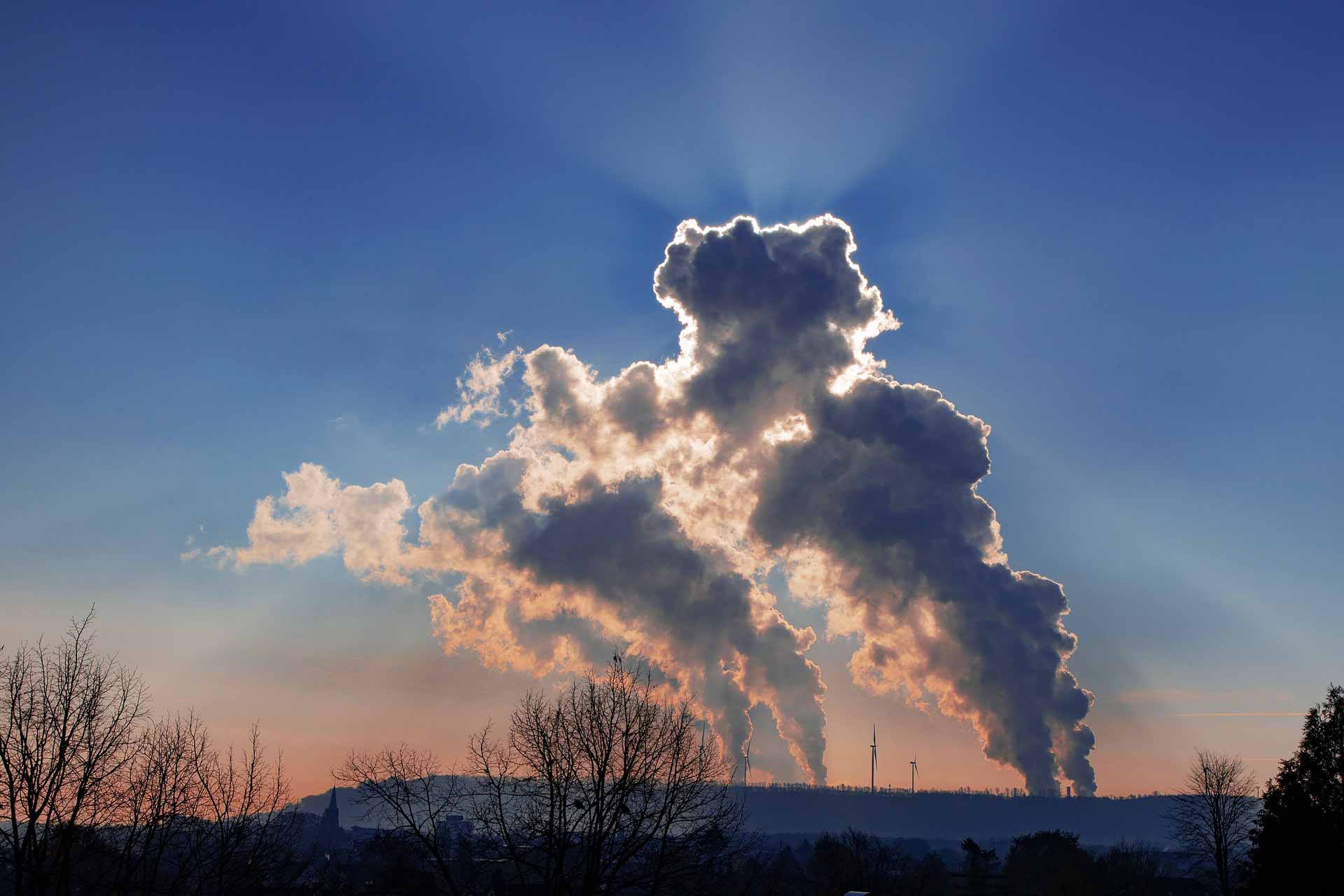The new Biodiversity Strategy tackles the key drivers of biodiversity loss, such as unsustainable use of land and sea, overexploitation of natural resources, pollution, and invasive alien species. Adopted in the heart of the COVID-19 pandemic, the strategy is a central element of the EU’s recovery plan, crucial to preventing and building resilience to future outbreaks and providing immediate business and investment opportunities for restoring the EU’s Economy. It also aims to make biodiversity considerations an integral part of EU’s overall economic growth strategy.
Biodiversity Strategy 2030
The strategy proposes to, among others, establish binding targets to restore damaged ecosystems and rivers, improve the health of EU protected habitats and species, bring back pollinators to agricultural land, reduce pollution, green our cities, enhance organic farming and other biodiversity-friendly farming practices, and improve the health of European forests. The strategy brings forward concrete steps to put Europe’s biodiversity on the path to recovery by 2030, including transforming at least 30% of Europe’s lands and seas into effectively managed protected areas and bringing back at least 10% of agricultural area under high-diversity landscape features.
Nature is vital for our physical and mental wellbeing, it filters our air and water, it regulates the climate and it pollinates our crops. But we are acting as if it didn’t matter, and losing it at an unprecedented rate. Virginijus Sinkevičius, Commissioner for the Environment, Oceans and Fisheries
European Green Deal
In line with the European Green Deal, they propose ambitious EU actions and commitments to halt biodiversity loss in Europe and worldwide and transform our food systems into global standards for competitive sustainability, the protection of human and planetary health, as well as the livelihoods of all actors in the food value chain. The COVID-19 crisis has demonstrated how vulnerable the increasing biodiversity loss makes us and how crucial a well-functioning food system is for our society. The two strategies put the citizen at the centre, by committing to increase the protection of land and sea, restoring degraded ecosystems and establishing the EU as a leader on the international stage both on the protection of biodiversity and on building a sustainable food chain.
The air you breathe, the water you drink and the food you eat all rely on biodiversity, but right now it is in crisis – because of us. What does this mean for our future and can we stop it?
What’s destroying biodiversity?
The 5 major threats
Biodiversity loss is the extinction of species (plant or animal) worldwide, and also the local reduction or loss of species in a certain habitat. Even though permanent global species loss is a more dramatic phenomenon than regional changes in species composition, even minor changes from a healthy stable state can have dramatic influence on the food web and the food chain insofar as reductions in only one species can adversely affect the entire chain (coextinction), leading to an overall reduction in biodiversity, possible alternative stable states of an ecosystem notwithstanding.
Eating less beef and more beans would cut deaths by 5-7%. True Or False? Join the Debate!
As climate and biodiversity crises are fully interconnected, stopping biodiversity loss is a precondition for reaching climate neutrality. It is an economic imperative as well, as almost half of the world’s GDP is linked to nature. Frans Timmermans European Commission Vice-President
Ecological effects of biodiversity are usually counteracted by its loss. Reduced biodiversity in particular leads to reduced ecosystem services and eventually poses an immediate danger for food security, also for humankind.
The 5 major threats to biodiversity
- Climate change
- Deforestation and habitat loss
- Overexploitation
- Invasive species
- Pollution
What can be done in Europe?
The actions foreseen in nature protection, sustainable use and restoration will bring economic benefits to local communities, creating sustainable jobs and growth. Funding of EUR 20 billion/year will be unlocked for biodiversity through various sources, including EU funds, national and private funding.
Nature isn’t a ‘nice to have’– it’s essential. We need it for the air we breathe and the food we eat, and our economies and our health depend on it. Virginijus Sinkevičius, Commissioner for the Environment, Oceans and Fisheries
Farm to Fork Strategy
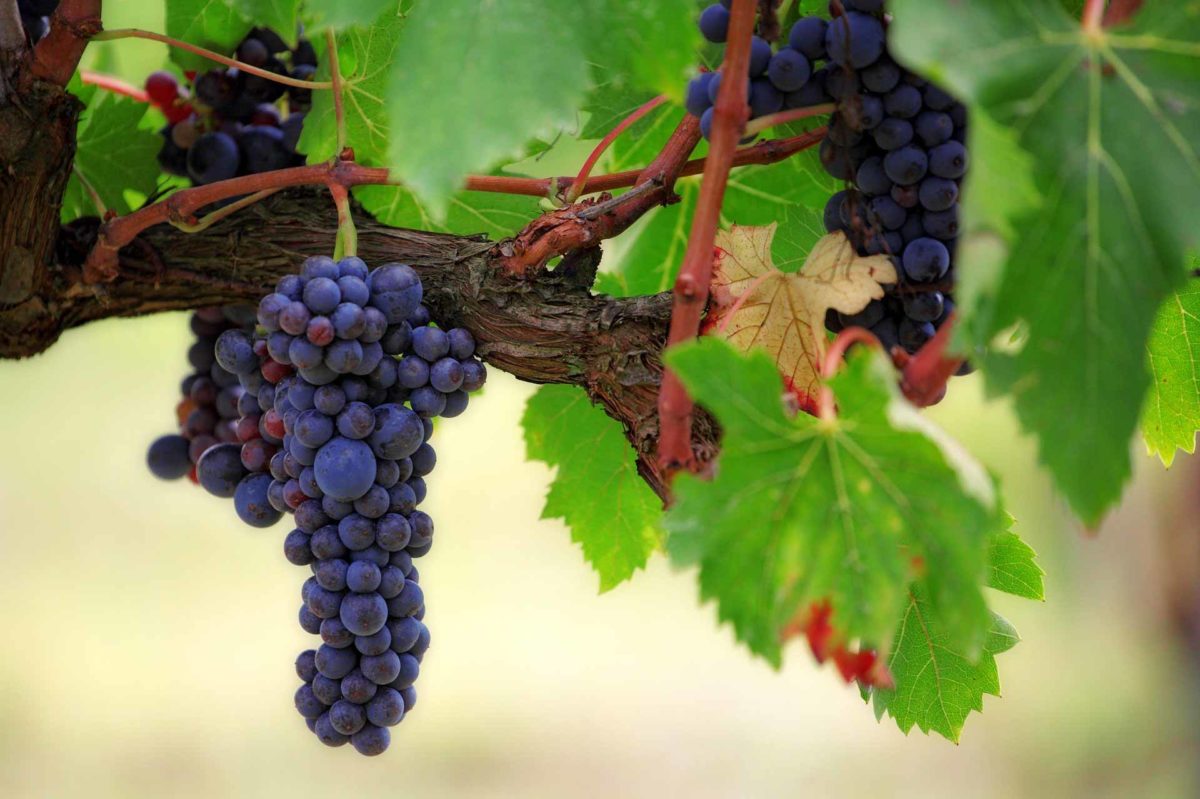
The Farm to Fork Strategy will enable the transition to a sustainable EU food system that safeguards food security and ensures access to healthy diets sourced from a healthy planet. It will reduce the environmental and climate footprint of the EU food system and strengthen its resilience, protecting citizens’ health and ensuring the livelihoods of economic operators. The strategy sets concrete targets to transform the EUs food system, including a reduction by 50% of the use and risk of pesticides, a reduction by at least 20% of the use of fertilizers, a reduction by 50% in sales of antimicrobials used for farmed animals and aquaculture, and reaching 25% of agricultural land under organic farming. It also proposes ambitious measures to ensure that the healthy option is the easiest for EU citizens, including improved labelling to better meet consumers’ information needs on healthy, sustainable foods.
At a time of deep societal and economic crisis, Farm to Fork and Biodiversity are the strongest sign of commitment from us to the Green Deal and sustainability agenda. Stella Kyriakides, Commissioner for Health and Food Safety
European farmers, fishers and aquaculture producers play a key role in the transition to a more equitable and sustainable food system. They will get support from the Common Agricultural Policy and the Common Fisheries Policy through new streams of funding and eco-schemes to take up sustainable practices. Making sustainability Europe’s trademark will open new business opportunities and diversify sources of income for European farmers and fishers.
What about under the sea?
Marine biodiversity: life in seas under threat
It is not only about seafood or a romantic sunset, our oceans are essential to us both ecologically and economically. They regulate our climate, produce oxygen and remove carbon from the atmosphere through processes such as photosynthesis. They are also home to an incredible number of species, with many new ones discovered on a regular basis, living in almost unimaginable settings. Today, biodiversity in Europe’s seas and oceans faces an unprecedented range of pressures and require urgent action.
70 % of earth surface and >50 % of EU
The marine territory covers 70 % of earth surface and more than 50 % of the territory of the EU. Europe’s land is surrounded by five sea basins: the Mediterranean Sea, Black Sea, Baltic Sea, North Sea, and the North Atlantic Ocean.
Marine ecosystems are diverse: some are highly productive and all are important ecologically and economically to humankind. They provide numerous vital goods and services like food and chemicals and play crucial roles in biogeochemical processes sustaining the entire biosphere. Although the marine realm has less species than the terrestrial it has a greater phylogenetic diversity than land faunas and floras.
The main pressures on marine ecosystems are pollution, overexploitation of marine resource, climate change and acidification of the sea, sea uses and the introduction and spread of invasive alien species.
Farm to Fork and Biodiversity Strategy
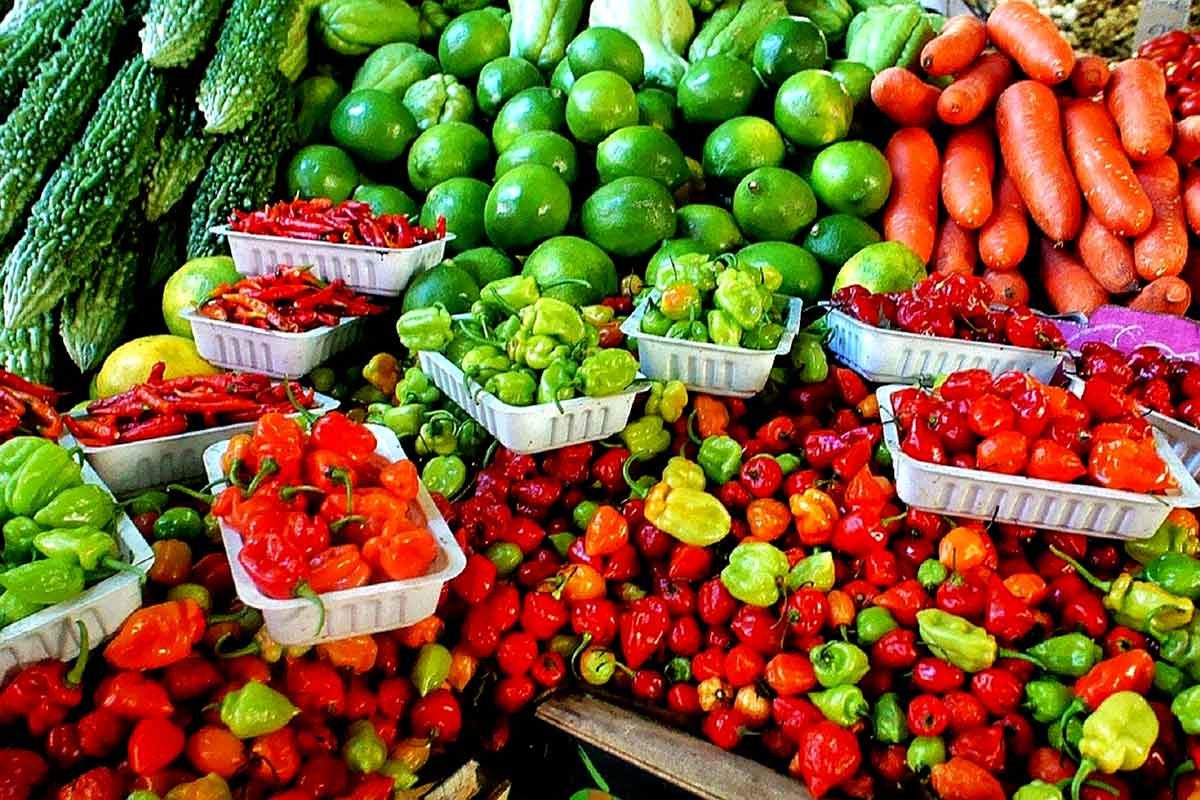
As core parts of the European Green Deal, the two strategies will also support the Economic Recovery. In the coronavirus context, they aim to strengthen our societies’ resilience to future pandemics and threats such as climate impacts, forest fires, food insecurity or disease outbreaks, including by supporting more sustainable practices for agriculture, fisheries and aquaculture and by addressing wildlife protection and illegal wildlife trade.
Global Biodiversity Crisis
The strategies also have important international elements. The Biodiversity Strategy reaffirms the EU’s determination to lead by example in tackling the global biodiversity crisis. The Commission would seek to mobilise all tools of external action and international partnerships to help develop an ambitious new UN Global Biodiversity Framework at the Conference of the Parties to the Convention on Biological Diversity in 2021. The Farm to Fork Strategy aims to promote a global transition to sustainable food systems, in close cooperation with its international partners.
European Commission adopted a comprehensive new Biodiversity Strategy to bring nature back into our lives and a Farm to Fork Strategy for a fair, healthy and environmentally friendly food system. The two strategies are mutually reinforcing, bringing together nature, farmers, business and consumers for jointly working towards a competitively sustainable future.
This vision is not only European – it is global.
All citizens and stakeholders are invited to engage in a broad public EU debate.

